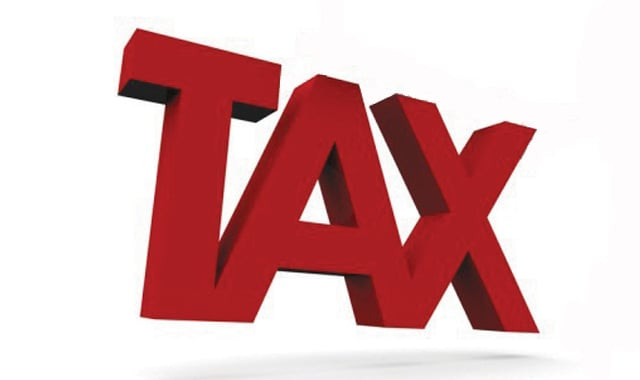Economic reforms: MPs should start by paying own taxes, say experts
Seminar highlights faults in country’s economy, govt measures.

Seminar highlights faults in country’s economy, govt measures. PHOTO: FILE
The government needs to put together a strong team and fix the tax system to tackle the country’s ever-worsening economic situation.
This was suggested by experts at a seminar, “The Economy of Pakistan - The Way Forward,” was organised by the COMSATS Institute of Information Technology’s Centre for Policy Studies at the institute’s Chak Shahzad campus on Saturday.
Speakers said the finance ministry and planning commission’s condition had deteriorated over the past few years, a decline which they said must be arrested.
“The government needs a strong team to take care of the economy,” Dr Ashfaque Hasan Khan, an economist and the dean of National University’s Sciences and Technology’s business school, said. “The political leadership must provide full support to the financial team.”
Khan said there is no economist in the finance ministry, a statement which was later corrected by another speaker, Sakib Sherani, who said Finance Secretary Dr Waqar Masood Khan is in fact an economist.
But Sherani, who spoke on the macroeconomic implications of a weak fiscal framework, agreed that the ministry lacks the kind of economic depth it featured in the past. He also lashed out at the Federal Board of Revenue (FBR) for being a “corrupt” and ill-resourced agency.
A former principal economic adviser at the Ministry of Finance, he said the tax system must be fixed as a top priority to pull Pakistan out of a “vicious, downward spiral.”
“Currently, our tax policy is wrong, the tax collection authority is corrupt and the tax culture is missing in this country,” he said. “The tax system must be made fair and equitable and FBR should be fixed by making it autonomous.”
Explaining the prevailing tax culture to a hall full of students, professors and economy experts, Sherani said there are only 3.7 million registered tax payers in a country of around 180 million. But only around 0.7 million people, a majority of them from the salaried class, file taxes, which means voluntary taxpayers are almost nonexistent and no one really knows their exact number, Sherani said.
He said if the tax revenue is improved to around 13 per cent of the gross domestic product (GDP) from the current average of around 9 per cent, Pakistan could reduce its annual public debt-to-GDP ratio to 55 per cent from 67 per cent, a tremendous saving in debt servicing. Speakers said the change in tax culture must come from the top, but unfortunately 61 per cent of parliamentarians wrote “nil” on their tax returns.
“If elected representatives pay their own taxes, that would be a great start,” said Sherani. Khan seemed to agree and said, “If resource mobilisation does not come from the highest political leadership, there will be no change in the lower tiers of society.”
Speakers criticised the previous government for heavy borrowing and wasteful spending. Khan said the accumulated debt, which he said grew to around Rs9.5 trillion over the past five years alone, threatens development, financial sovereignty, macroeconomic stability and economic growth.
The low growth rate in turn leads to unemployment and poverty, Khan said. Pakistan generates a new workforce of around 2.2 million each year, according to estimates. But only around 42 to 45 per cent of the workforce can be accommodated with the country’s current growth rate, hovering around the 30 per cent-mark, he said.
Earlier, Beaconhouse National University School of Liberal Arts and Social Sciences Dean Dr Hafiz Pasha said the country’s economic policy will now revolve around the IMF’s new programme. He said the import of luxury items could be reduced to cut Pakistan’s expenditures.
Published in The Express Tribune, October 13th, 2013.



















COMMENTS
Comments are moderated and generally will be posted if they are on-topic and not abusive.
For more information, please see our Comments FAQ